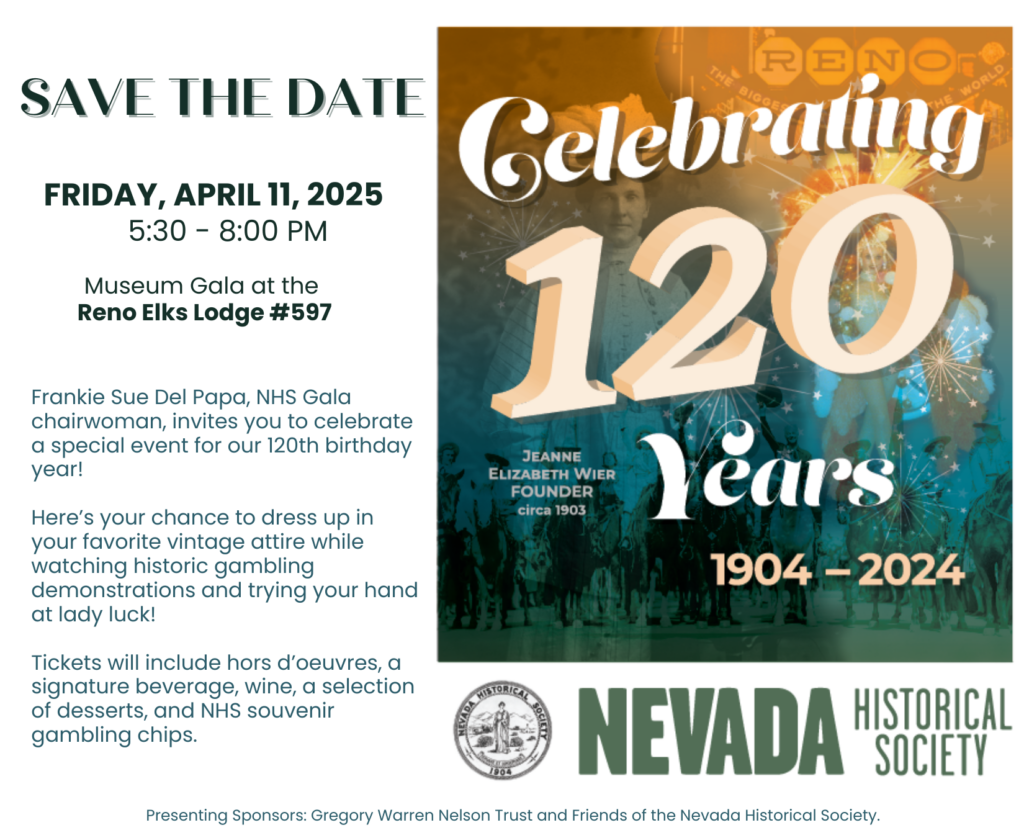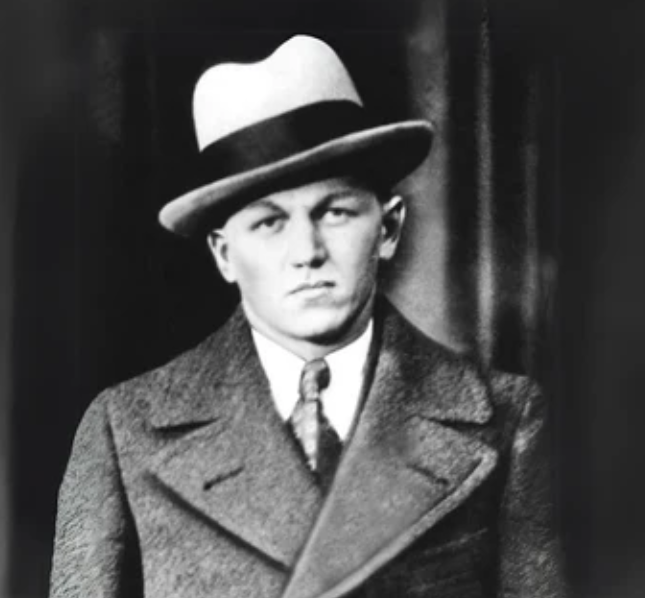Nevada History Lecture – Reassessing the Legacy of the Comstock: Miners, Mills, Saloons, and Assessments
- This event has passed.
April 6, 2024 @ 1:00 pm - 2:30 pm
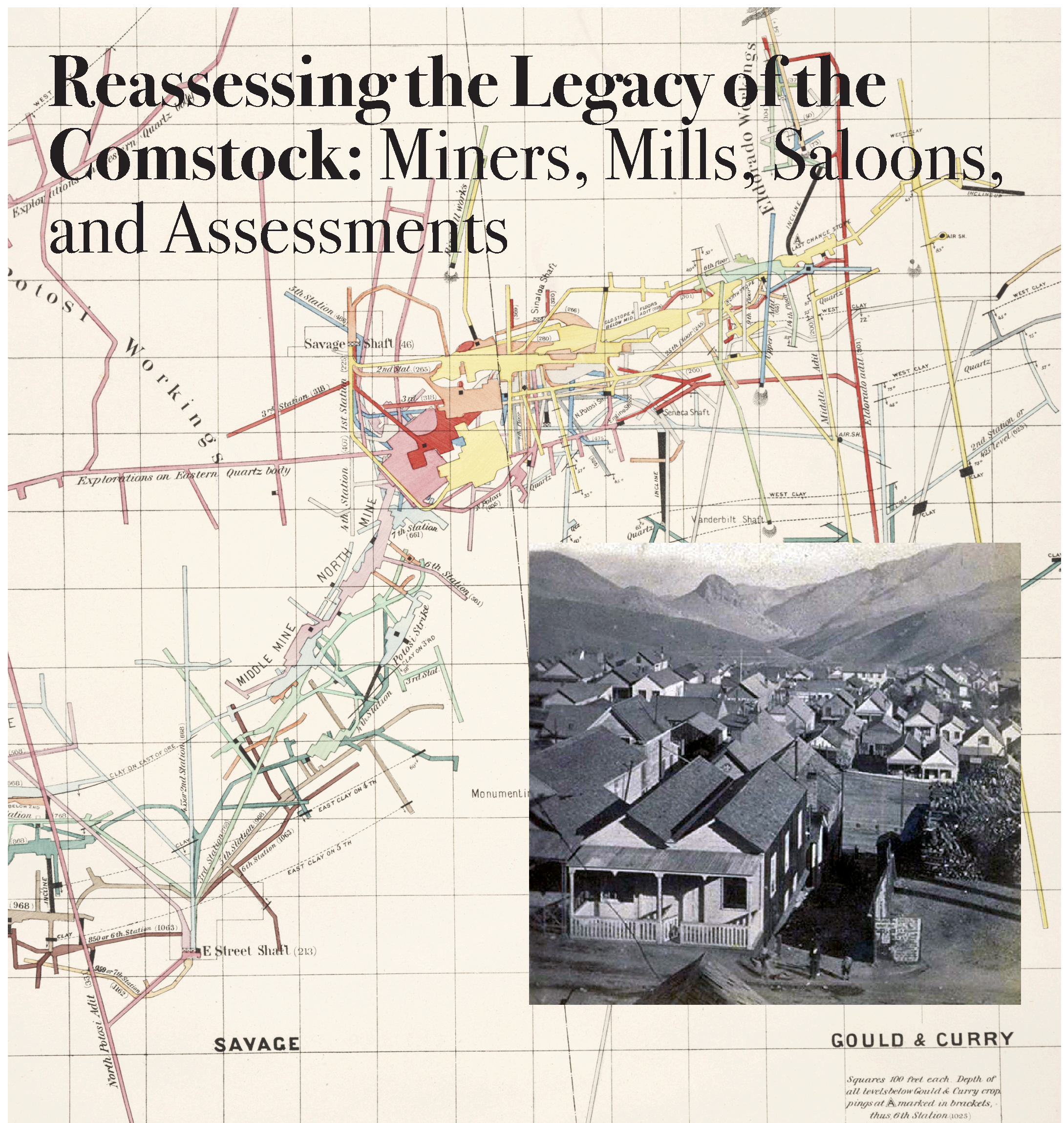
Nevada History Lecture
April 6, 2024
1:00 to 2:30pm
Reassessing the Legacy of the Comstock: Miners, Mills, Saloons, and Assessments
Hans Muessig, historian
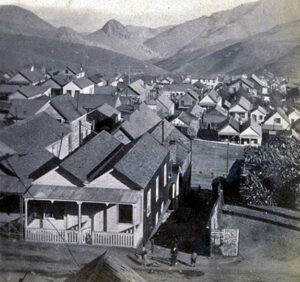
Virginia City houses
Summary of Talk
Little remains on the slopes of Mt. Davidson to tell the story of the people who lived and worked on the Comstock: “The Richest Place on Earth.” That story is deep and rich and complicated. Over $350 million in silver and gold came out of the mines between 1859 and the 1930’s. Those mines reached depths of over 3,000 feet. The work in the mines was hard, hot, and dangerous. Thousands of men toiled underground and came home each day to their families or boarding houses in cities that combined, reached 25,000 inhabitants.
Virginia City and Gold Hill – the two cities on the Comstock Lode – boasted wonderful hotels, saloons and restaurants, and a myriad of businesses that supported the residents. Many enjoyed gas lighting and fresh water from the Sierras. There were schools, churches, and other social and voluntary organizations that supported a complex social order. And the local economy that supported all this was remarkably stable.
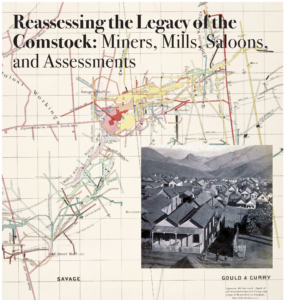
Hans Muessig Talk Poster
In sum, these communities were much more like eastern industrial cities that miraculously sprung up in the American West.
The myths of the Comstock tell a different story: These were communities right out of the wild west – and indeed set the template for wild mining camps as amply illustrated by the popular Bonanza TV series! They had saloons, prostitutes, and a mining economy punctuated by booms and busts. There was little social order and that was frequently enforced by violence The population was largely transient men ready to rush off to the next gold or silver discovery!
This talk seeks to pull apart the history and these myths and examine the story of the Comstock, the mines and mining, the economy of the industry and community, and the people who made Virginia City and Gold Hill their homes. What the people of the Comstock accomplished is far richer and more complex than those myths suggest.
Speaker Bio
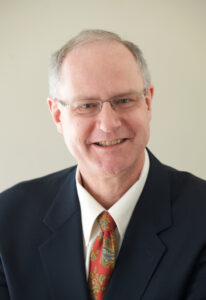
Hans Muessig, historian
Hans Muessig is an American social historian by training with a keen interest in western mining history and technology, probably nurtured by his geologist father and many family vacations to the mining districts of California, Nevada, Colorado, Utah, and Arizona. His undergraduate and graduate work (a master’s and unfinished PhD from the University of Iowa) focused on Virginia City and the Comstock Lode. He owned a historical and architectural consulting firm that did over fifty documentation projects for the National Park Service (HABS and HAER) including the town of Montour, Idaho, the CB&Q RR Shops at Aurora, Illinois, the White House, Independence Hall, Watervliet and Rock Island Arsenals, and numerous railroad and highway bridges in the Midwest. Hans is an accomplished industrial and architectural photographer. He also co-authored a History of Central Nevada (including several chapters on mining) for the BLM as well as research papers on the Great Northern Railway shops in St. Cloud, Minnesota and the company town of “PanTown.” Now retired (but still consulting) after a second career in telecommunications and IT, Hans is starting his second stint as co-chair of AIA Minnesota’s Minnesota Design Team and resuming his Comstock research with several articles in progress.
Make sure to arrive early as we have limited seating available in our Event Space. Don’t forget, we provide free, temporary parking permits to make it easier to visit NHS!
